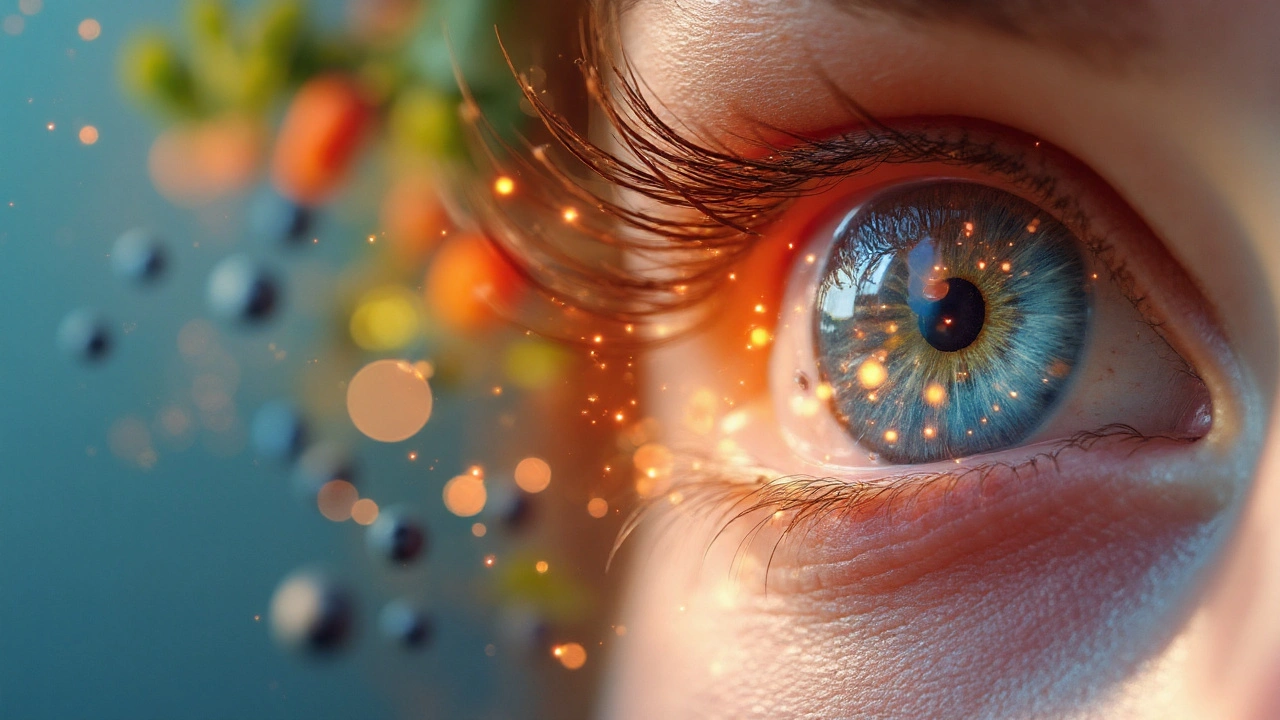Ocular Hypertension: Easy Guide to Eye Pressure and Prevention
If your eye doctor ever mentions "ocular hypertension," you might wonder if it’s something serious. In plain terms, it means your eye pressure is higher than normal, but you haven’t yet developed any damage to the optic nerve. The good news is that most people with this condition never get glaucoma, especially if they follow simple steps to keep the pressure under control.
Why Eye Pressure Matters
Inside each eye is a fluid called aqueous humor. It constantly circulates, delivering nutrients and then draining out through a tiny meshwork called the trabecular meshwork. When this drainage slows down, pressure builds up. Normal pressure ranges from 10 to 21 mmHg; ocular hypertension is usually anything above 21 mmHg without any signs of optic nerve damage.
Why should you care? Elevated pressure is the biggest risk factor for glaucoma, a disease that can cause irreversible vision loss. Studies show that people with ocular hypertension have a higher chance of developing glaucoma over time, especially if they have other risk factors like a family history, thin corneas, or older age.
How to Keep Your Pressure in Check
First, get regular eye exams. Your doctor will measure pressure with a tonometer and may do a quick visual field test. Catching changes early is the easiest way to stay ahead of any problem.
Second, talk about medication options. Eye drops such as prostaglandin analogues (e.g., latanoprost) or beta‑blockers (e.g., timolol) can lower pressure effectively. If you’re not comfortable with drops, ask your doctor about laser therapy or low‑dose oral medications.
Third, lifestyle tweaks matter. Exercising a few times a week, especially aerobic activities like walking or cycling, can lower pressure a bit. Keep caffeine intake moderate—some people notice a small pressure spike after large amounts of coffee.
Fourth, protect your eyes from injury. A hard hit to the eye can damage the drainage system and raise pressure suddenly. Wearing safety glasses during sports or DIY projects reduces that risk.
Lastly, stay on top of systemic health. High blood pressure and diabetes can influence eye pressure, so managing those conditions helps your eyes too. Talk to your primary care doctor about keeping your blood pressure in the target range and monitoring blood sugar.
Remember, ocular hypertension isn’t a disease—it’s a warning sign. By getting checked regularly, following your doctor's advice, and making a few easy lifestyle changes, you can keep your eyes happy and avoid the threat of glaucoma.
How Antioxidants Help Prevent and Manage Ocular Hypertension
Explore how antioxidants work, which nutrients matter, and practical steps to use them for preventing and managing ocular hypertension.

